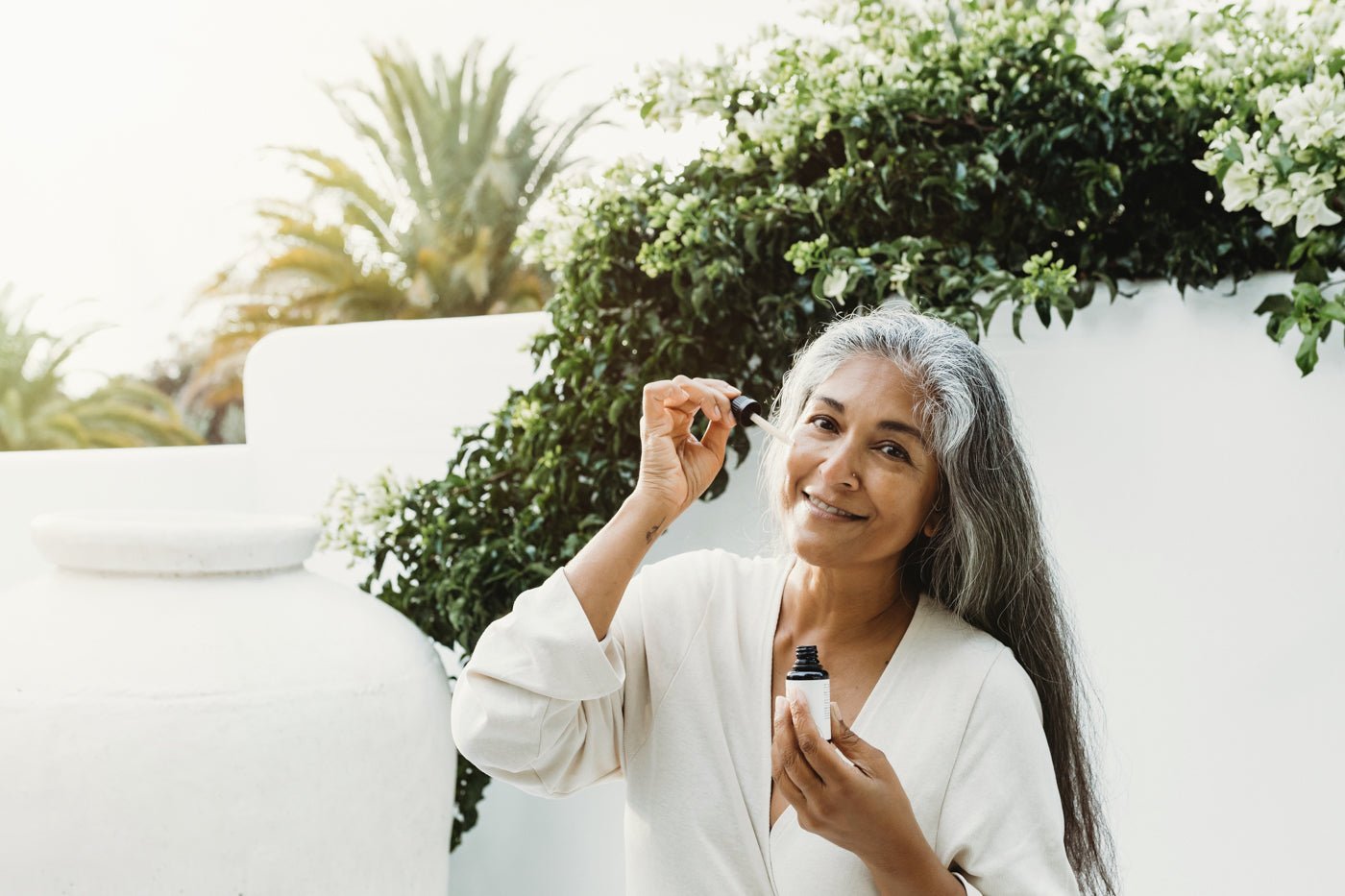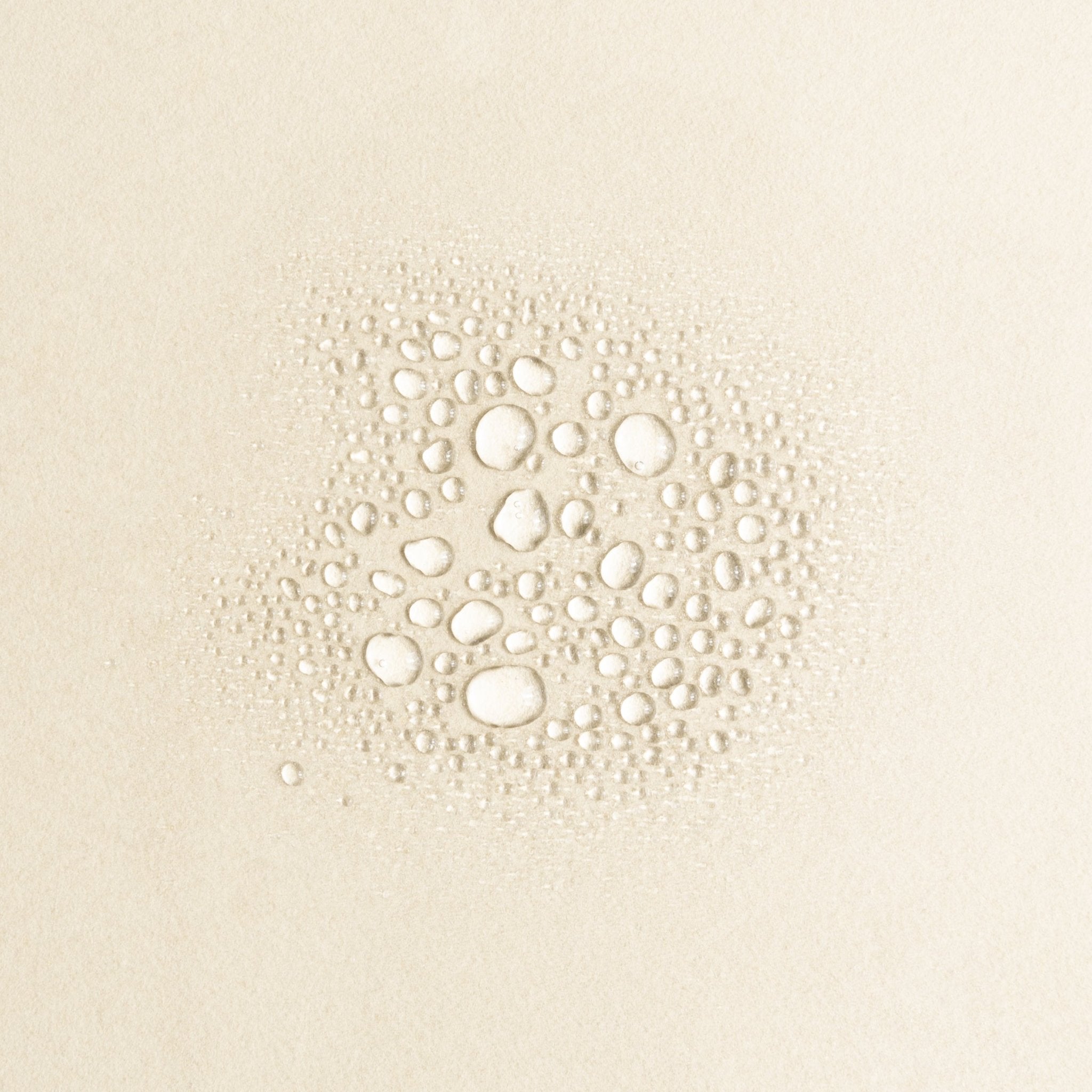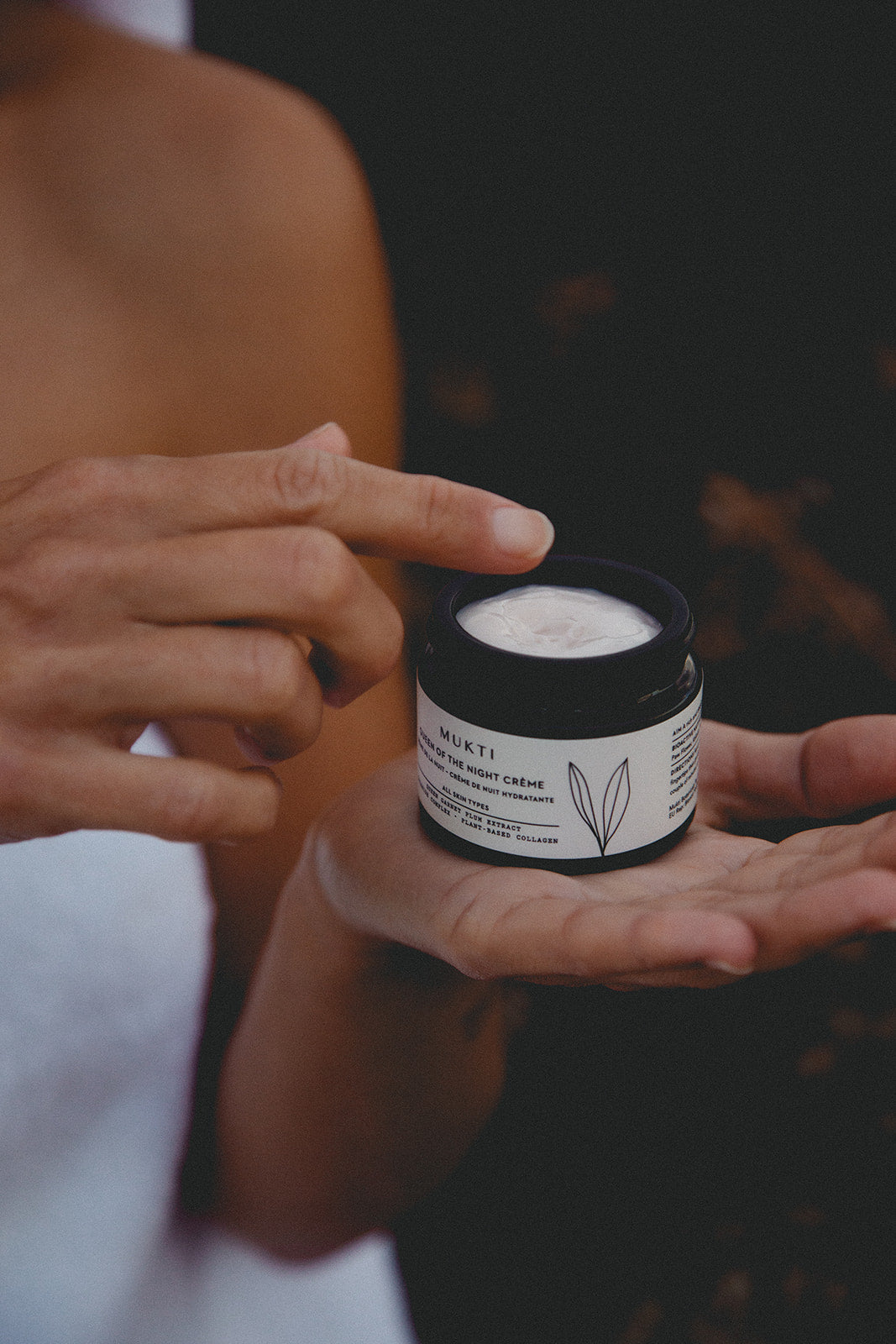
What is Vitamin B and Niacinamide?
There is an infinite abundance of skincare ingredients to choose from, all of which perform different roles. Outside of the treatment of specific skin concerns, there are several key ingredients that most skin therapists recommend to everyone for general ongoing skin health - and these are vitamins A, B, and C. Today, we specifically wanted to talk about vitamin B, and the many reasons it often tops the lists of most skin experts’ essentials.
What is Vitamin B?
You may already know of vitamin B as an umbrella term that encompasses many different types. When it comes to skincare, there are two types of B vitamins commonly used, which are vitamin B3 (niacinamide) and vitamin B5 (panthenol). You might associate vitamin B-based skincare with other words beginning with the letter B. Both B3 and B5 are barrier-building, brightening, and skin-boosting. Those looking to repair, restore, rebuild, to calm and soothe, and to create better skin resilience: this is the class of ingredients to reach for.
Treatment of Inflammation
Inflammation can occur in the skin as a result of any number of factors. These include infection, medication, injury, stress, hormones, UV exposure, pollution, even clinical skin treatments. The inflammatory cascade is a necessary component of skin healing, but it does include some detrimental effects which can be harmful if the inflammation lasts for prolonged periods. Too much inflammation causes an excess of free radicals, and damage to collagen, elastin, and DNA - all of which can accelerate signs of ageing on the skin. For these reasons, anti-inflammatory and antioxidant ingredients should be included in all skincare regimes.
This is particularly true for those with inflammatory skin conditions, such as eczema, dermatitis, rosacea, or acne. For these conditions, inflammation often is not thought of as the primary concern. Instead, most are concerned by the obvious visible signs of their condition/s, like pustules, papules, rough texture, and flakiness. However, inflammation is the underlying common denominator of all these conditions, and by addressing this, many other symptoms will be reduced as a knock-on effect. As an example, inflammation causes heat in the tissue, which leads to dryness, exacerbating skin flaking and itching.
Niacinamide and panthenol have demonstrated throughout endless scientific literature to significantly reduce inflammatory mediators, leading to a reduction in symptoms and improved levels of comfort. This also reduces the amount of free radicals produced, which reduces the severity of damage caused to proteins like collagen. Panthenol in particular has also shown to improve skin hydration. The benefits provided by these ingredients are recommended both for reducing active inflammation, and for providing ongoing skin health and maintenance even when inflammation is not actively present.
Pigmentation reduction
The benefits don’t stop at inflammation. Niacinamide has also shown to reduce the rate of melanin transfer in the skin. The formation of pigment involves a complex chain of events involving multiple pathways, but put simply, melanin (pigment) is produced by melanocytes and transferred into the keratinocyte cells of the skin. Interfering with this transfer means a reduction in pigment by preventing it before it occurs. For those concerned with pigmentation on an ongoing basis, niacinamide should be considered for daily skin maintenance (among other pigment-inhibiting ingredients) as part of a preventative approach.
Heroing both niacinamide and panthenol, Mukti’s Vitamin Booster Vital B Elixir combines both essential B vitamins with hydrating hyaluronic acid and antioxidant plant extracts, in the ultimate skin cocktail for pigmentation prevention, anti-inflammation, age prevention, and overall skin health.





Leave a comment
This site is protected by hCaptcha and the hCaptcha Privacy Policy and Terms of Service apply.